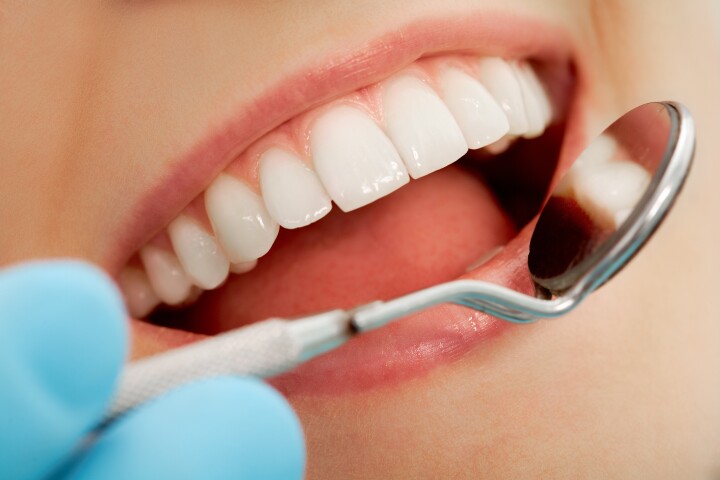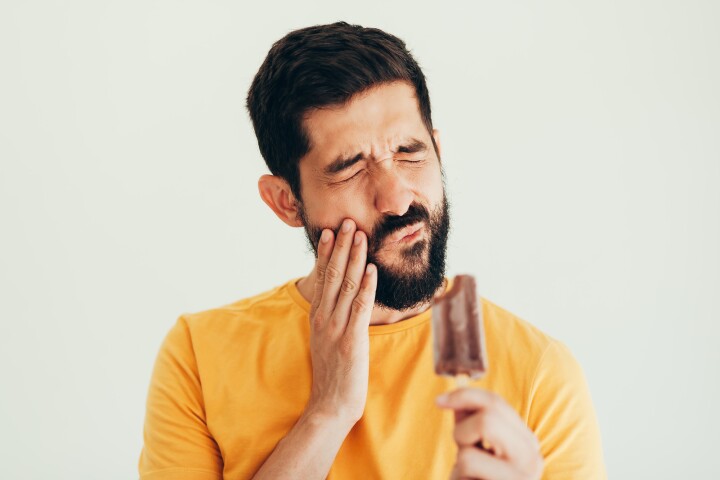Teeth
-
While gingivitis can lead to tooth loss, the bacteria responsible for the gum disease can also enter the bloodstream and cause heart disease. That's why early detection is important, which is where a new home testing kit may soon come in.
-
We can’t regenerate damaged tooth enamel, but scientists have now grown mini teeth in the lab that secrete enamel-producing proteins. This could be the first step towards “living fillings” that patch up cavities, or even lab-grown replacement teeth.
-
Humans have done remarkably well in evolutionary terms, but one design flaw has to be our inability to replace lost teeth throughout our lives. Now, scientists believe they have the antibody treatment to do just that, and it could be available by 2030.
-
Avoiding eating your favorite ice cream because you don’t want to experience the pain caused by sensitive teeth may soon be a thing of the past, with researchers offering a. long-term fix by developing a novel way of rebuilding lost tooth minerals.
-
Scientists have used fossilized megalodon teeth to estimate the ancient shark’s body temperature, and found it wasn’t exactly a cold-blooded killer. Strangely enough, that might have contributed to its downfall.
-
There was a time before the dinosaurs when ancient sheep-sized reptiles thrived on Earth. While they were numerous, a new study reveals that their diets actually led to their own starvation by wearing out their teeth.
-
Researchers have just found a bacteria that forms superstructures when it gets caught in sticky traps made by other bacteria, helping it erode enamel and form cavities. The finding could lead to new ways to keep our teeth clear of the invaders.
-
Scientists have discovered a new species of mosasaur, a giant sea-dwelling lizard that dates back to the age of the dinosaurs, in Morocco. Stelladens mysteriosus differs from other mosasaurs because of its unique, star-shaped teeth.
-
Back in 2021, we heard about a pterosaur that had a mouth full of big, sharp teeth. Well, scientists have now discovered a pterosaur that went to the other extreme, as it used over 400 small, hooked teeth to catch its prey.
-
A new study has examined the diets of the earliest dinosaurs and found them to be carnivores, herbivores and omnivores. But surprisingly, the ancestors of many of the most famous herbivores – like Triceratops and Brachiosaurus – originally ate meat.
-
Smoking is no good for your teeth, that is well-known. But what about vaping? New research from Tufts University suggests using e-cigarettes may not be that much better, finding an association between increased risk for cavities and vaping.
-
If you needed more motivation to brush your teeth, this could do the trick. Scientists have discovered that cavity-causing bacteria and fungi in saliva can team up to form “superorganisms” that can sprout limbs to crawl and even leap across teeth.
Load More











